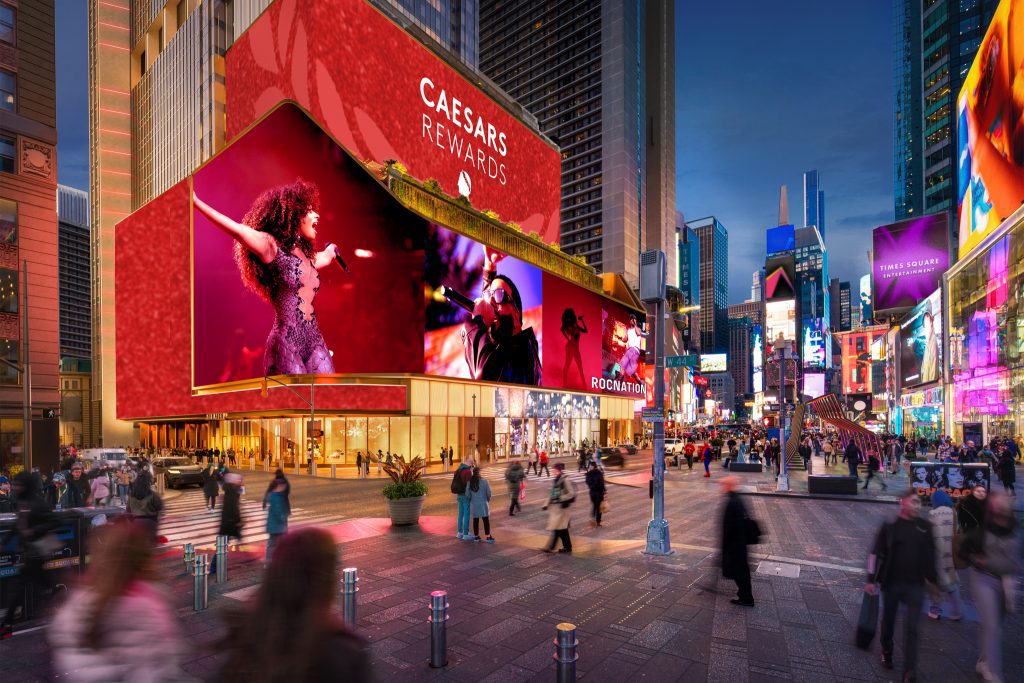Eight applicants are in the running as the final round to secure a valuable casino license in the New York City area kicks off. By year’s end, a designated state board will approve three commercial casino proposals across the five boroughs and Yonkers.
This initiative has been in the works since voters approved a gambling expansion in 2013. The new casinos promise to significantly alter the neighborhoods they occupy, including prominent locations like Times Square, Coney Island, and Citi Field. However, local communities have already shown resistance, with protests emerging from residents and amusement park operators in Coney Island.
Current Casino Proposals in NYC
A total of eight proposals are vying for the three available casino licenses. Here’s an overview of each proposal, along with their respective backers:
Manhattan
The Avenir
Location: 11th Avenue and West 41st Street
This project next to the Javits Center includes a casino, a 1,000-room hotel, entertainment spaces, and numerous restaurants. Backed by Silverstein Properties, Rush Street Gaming, and Greenwood Gaming & Entertainment.
The Bronx
Bally’s New York Casino
Location: Ferry Point, Throggs Neck
Utilizing the existing golf course, this proposal plans for extensive parking and a 500-room hotel. Bally’s Corporation leads this initiative.
Queens
Metropolitan Park
Location: 126th Street, Willets Point
Proposed by Mets owner Steve Cohen and Hard Rock International, this multi-acre development includes a casino, hotel, and new park space.
Brooklyn
The Coney
Location: Various lots in Coney Island
This project envisions a 1.4-million-square-foot complex with a hotel and theaters, supported by Thor Equities and others.
Next Steps in the Licensing Process
The casino proposals submitted will undergo a mini-vote by a six-person Community Advisory Committee before the full Gaming Facility Location Board makes final decisions by December 1. Each license costs $500 million, alongside a requirement for additional capital investments in the community.
Financial Considerations
The successful applicants must also prepare for a hefty tax burden, projected to be at least 25% for slot revenue. Estimates suggest new casinos could generate substantial revenue and job creation for the state.



